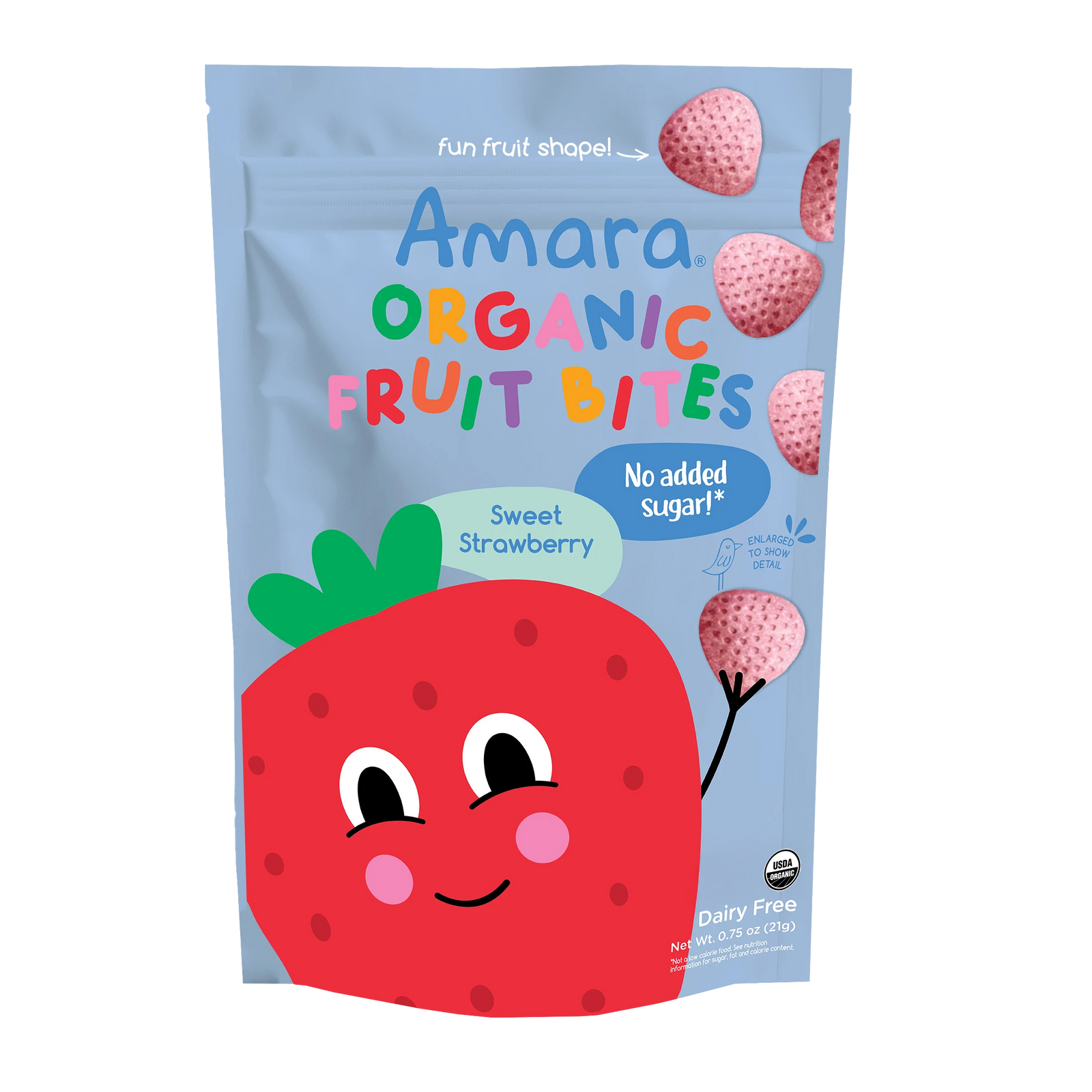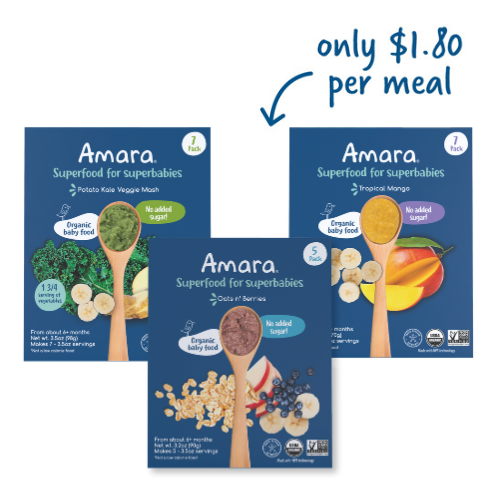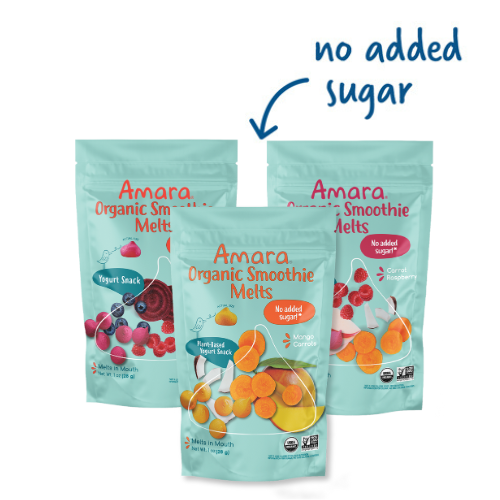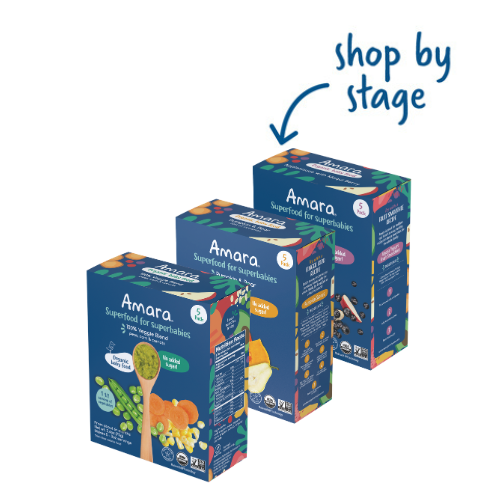
What does organic mean? Who regulates it?
There’s a lot of confusion (not to mention misinformation) out there about whatorganic actually means… and it doesn’t help anything that now not only does organic labeling apply to certain foods, but also to makeup and personal products, your children’s pajamas, household cleaners, bug spray… the list goes on.
Numerous professional outlets offer their own long-winded, highly-technical academic definitions of “organic” thatreallyroll off the tongue (hah), but the main gist is this:
Foods (or anything else) certified as organic have to meet certain standards of production for agricultural methods, product handling and processing. Organic products are produced using organic agriculture, which is a multi-faceted system that aims to sustain soil health, natural environments and ecosystems, as well as human health.It is no one singular thing. Instead, organic farming is locally adapted and relies on regional geography and biodiversity to enhance ecological health.
Okay, well I guess that’s not such a straightforward definition, either. (Sigh.) The frustrating truth is that… it’s complicated.
As a matter of fact, it’s actually a lot easier to say what certified organic productsaren’t than what theyare. That’s because certified organic products come to market without the use of synthetic fertilizers, pesticides, herbicides, or genetic modification.
A note:organic labeling standards vary by country, so what precisely what “counts” as organic can differ from one place to another. In the US, the Department of Agriculture (USDA) regulates the labeling and marketing of organic-certified products.
Another note:The organic label only gives indication of how a product wasmade -- not what it is. In other words, just because something is labeled as organic does not mean it is healthy or fresh or even “natural” -- technically, nearly anything could be made to be organic, even highly-processed foods and sugar/salt/fat-loaded packaged snacks marketed to children. So… watch out for that!

What are the reasons to go organic? What are the benefits of choosing organic foods?
There are a number of reasons people tend to cite as to why it’s worth it to opt for organic when you can. Generally, they might be classified into three categories:
Perhaps the most prominent benefit of organic foods is what I like to call,ahem, the“absence of crap” benefit. (Poetic, right?) By this I mean: organic foods are producedwithout chemical pesticides, antibiotics, and synthetic fertilizers, so they are by-and-large devoid of all these things (plus toxic metals). Since in the US, the historical standard has been only to regulate against such chemicals retroactively -- usually after something has gone atrociously wrong -- and current standards are less than ideal, increasing numbers of Americans are looking to take their own proactive approach and avoid such substances wherever they can (and especially in their children).
I don’t know about you, but when I think about the heyday of pesticides I think of the 1950s and 1960s, when DDT use was so widespread as to help catapult the organic farming movement to prominence in the following decade. But pesticide use is still skyrocketing in the 21st century: between 1990 and 2015, global pesticide usage increasedby 73%. That is a staggering escalation, when you think about it.
Perhaps we shouldn’t be surprised, then, that pesticide residues are frequently found in water and soil -- and scientists uniformly agree that those residues can impact ecosystems, biodiversity, and yes, human health. Studies have linked pesticide exposure to genetic damage and immunological changes, and even adverse effects on the nervous system. Furthermore, repeated studies have measured lower pesticide levels (as measured in urine samples) among both children and adults who consume organic foods. The more we learn about pesticide exposures (especially on a repeated basis), the worse the situation looks.
Organic foods have lower levels not only of pesticides, but also antibiotics (makes sense, because the blanket use of antibiotics is prohibited), toxic metals, and synthetic fertilizers. Scientists are still working to articulate the precise impact these exposures have on human health, but suffice it to say that exposure is lower, across the board, with organic food consumption compared to conventional.
Because organic standards were devised specifically to maintain soil health, enhance biodiversity, and preserve ecosystems, they are more environmentally sustainable. Many families see supporting organic farming practices as a way to support policies and practices that are more committed to mitigating climate change.
Related to this is the issue of animal welfare: animals raised under organic farming standards have more “housing” room, greater access to outdoor areas, and straw bedding (aka the feather bed of the farm world). Their tails, teeth, and beaks are not clipped. They eat organic foods devoid of antibiotics, and generally are considered to be raised under more ideal conditions (broadly speaking).
Just as with organic foods, however, organic farms are not one-size-fits-all. Indeed, organic farms vary widely and can range from small-scale to large, high-tech operations.
Although there don’t seem to be overwhelming differences inmacronutrient levels between organic and conventional foods, and the overall nutritional value of organic and conventional products are comparable, organic foods may have higher levels of micronutrients and/or more beneficial overall nutrient composition (most notably, higher levels of polyphenols and fatty acids).

The Challenge of Studying How Organic Foods Benefit Health
There is one major caveat to all of these aforementioned benefits: it’sreally, really challenging to study the health effects of consuming organic foods vs. conventional foods, for a number of different reasons… most of which might be boiled down into two categories:
- Studying what people eat isvery difficult-- it’s impossible to know exactly what and how much people eat,especially over a long period of time. For short bursts (think single-digit days), it can be more manageable, but for the long-term, it’s a huge challenge. Point is: nutrition science is hard!
- People who choose to purchase and consume organic foods tend to lead healthier lifestyles in general-- they’re often more physically active, eat healthier diets, and have lower body mass indexes (BMIs), for example. They are also more likely to come from higher socioeconomic backgrounds and have higher levels of education; and all of these confounding factors make it impossible to say whether any detected health improvements among people who eat organic foods are a result of the organic foods, or of other factors.
In part because of these reasons^^, there simply aren’t very many studies that assess the comparative health effects of eating organic foods versus conventional foods in as much detail as we’d like. Hopefully, we’ll see more evidence to come.
What are the main takeaways here?
- Organic foods are not implicitly healthy foods -- they can be overly-processed and/or loaded up with fat, salt, and sugar just the same as their non-organic counterparts.
- Organic food products rely on more holistic farming and production systems that take into account regional ecosystems, biodiversity, and environmental welfare.
- Organic foods are producedwithout pesticides, toxic metals, chemical fertilizers, and antibiotics.
At Amara, we offer organic complementary infant foods and organic toddler snacks that give you the benefits of going organic, are always madewithout added sugar and all the rest, and are convenient to boot. :)

References:
. AL Branstaeter et al. Organic food in the diet: exposure and Health implications. Annual Review Health 2017, 38: 295-313
. JM Garcia & P Teixeira. Organic versus conventional food: a comparison regarding food safety. Food Reviews International 2017, Vol.33, No.4,424-446
. S Hurtado et al. Organic food and the impacto n human Health. Critical Review in Food Science and Nutrition 2019, Vol.59, No.4, 704-714
. A Mie et al. Human helath implications of organic food and organic agricultura: a comprehensive review. Environmental Health, 2017, 16:111
. V Vigar et al. A Systematic Review of Organic Versus Conventional Food Consumption: Is There a Measurable Benefit on Human Health? Nutrients 2020, 12(1), 7
 Amara's Chief Nutritionist: Sonia A. Schiess, PhD in Nutrition, specialized in the introduction of solids and liquids to infants. Sonia's passion started when she was studying nutrition and dietetics in university, completing a post degree in Human Nutrition. Later on, she completed her PhD as a nutritionist, with a focus on introducing food in the first year of a baby's life. Her wide experience gives her a unique perspective, drawing from her time in clinics, hospitals, independent consulting and university research. She's authored several papers including "Introduction of complementary feeding"; "Introduction of potentially allergenic foods in the infant's diet during the first year of life" and "Intake of energy providing liquids during the first year of life" in five European countries. The combination of Sonia's science and our chef's magic ensures every Amara product is not only optimized for your baby's health but is delicious as well.
Amara's Chief Nutritionist: Sonia A. Schiess, PhD in Nutrition, specialized in the introduction of solids and liquids to infants. Sonia's passion started when she was studying nutrition and dietetics in university, completing a post degree in Human Nutrition. Later on, she completed her PhD as a nutritionist, with a focus on introducing food in the first year of a baby's life. Her wide experience gives her a unique perspective, drawing from her time in clinics, hospitals, independent consulting and university research. She's authored several papers including "Introduction of complementary feeding"; "Introduction of potentially allergenic foods in the infant's diet during the first year of life" and "Intake of energy providing liquids during the first year of life" in five European countries. The combination of Sonia's science and our chef's magic ensures every Amara product is not only optimized for your baby's health but is delicious as well.








Leave A Comment